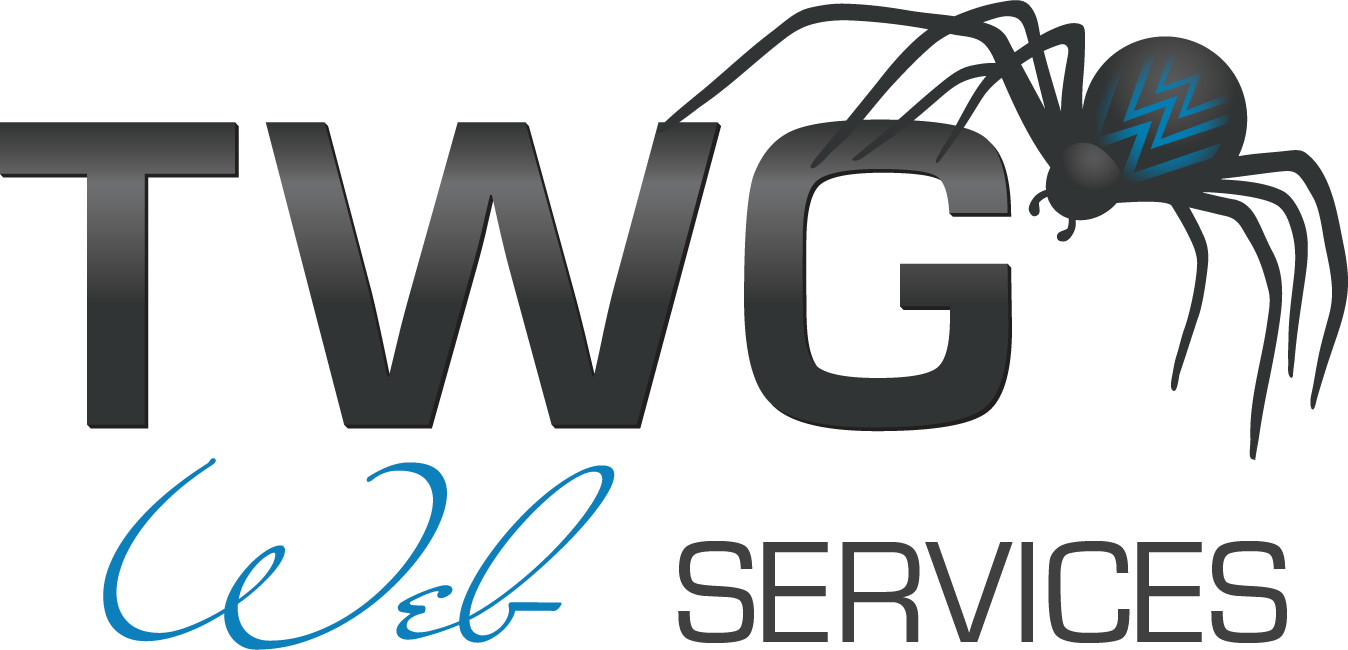You may not be a search engine optimization expert, but it doesn’t hurt to learn the lingo so you are more informed about what can be done with your website to help it rank on search engines. Here are a few of the most important terms to learn. And don’t worry, if you don’t understand them, just ask us and we will help. Or if you are interested in boosting your website’s SEO after learning more about it, give us a call – we can help you with that too.
301 Redirect – permanent redirect of one domain to another domain, or one page to another page. This comes in handy if you have multiple domains or if you need to change page names.
Adwords – a Google based program that helps you to target specific keywords or phrases in paid per click advertising.
Algorithm – the formula used by search engines to compile search data based on the users search term.
Alt text – alternate text used to describe images for blind viewers or when images cannot be viewed.
Analytics – Google based program that tracks traffic and search data for your website.
Anchor text – the text that is used within a link tag to describe that link.
Back link – an incoming link to a page from another page or site
Black hat – bad SEO techniques that go against standard guidelines and are frowned upon by search engines
Bounce rate - the percentage of visitors who leave a site without viewing any page other than the landing page.
Heading – the title of the page in the content area of the site. This usually has an H1 tag which is read with more weight by search engines. There can be up to 6 different heading types on a page.
Index – means that your site has been found by search engines and added to their list of websites that can show up in search results.
Keyword or key phrase – the word or phrase that is the focus of your content on that page. It is also the word or phrase that you will most likely rank for in search engines.
Keyword density – the amount of keywords that are in the content compared to the amount of text
Keyword stuffing – overusing keywords or phrases in content in attempt to skew the keyword density of a page.
Meta description – the meta tag that describes the content of each page.
Meta keyword – the meta tag that lists the key words and phrases of each page.
Meta tags – HTML tags that describe the title, keywords, and description of each page to search engines.
Meta title – the meta tag that describes the title of each page. This shows up in the tab of most browsers too.
Nofollow – tells a search engine not to follow a link to a certain page, index that page, or pass page rank to that page.
Organic rank – your website’s natural rank in Google. These results show up in the center area of search results. Paid results will generally show up on the right or above organic results.
Page Rank – a website’s popularity as measured by the search engine rankings
Search Engine - an online tool for users to search for and find websites by enter a search term.
Search Engine Optimization – optimizing a website for search engines so that users’ search queries will match the content of that site.
Search Engine Marketing – encompasses the overall marketing strategy to search engines.
SEO – Search Engine Optimization
Site map - a page that lists all pages of a website with links.
Stop word – a word that is so commonly used, it is ignored by search engines when finding results (such as prepositions and conjunctions).
White hat – good SEO techniques that follow standard search engine guidelines.
